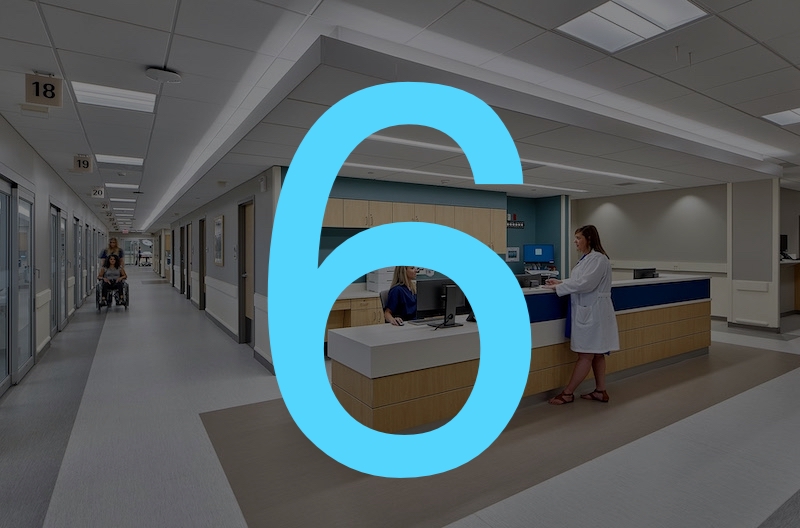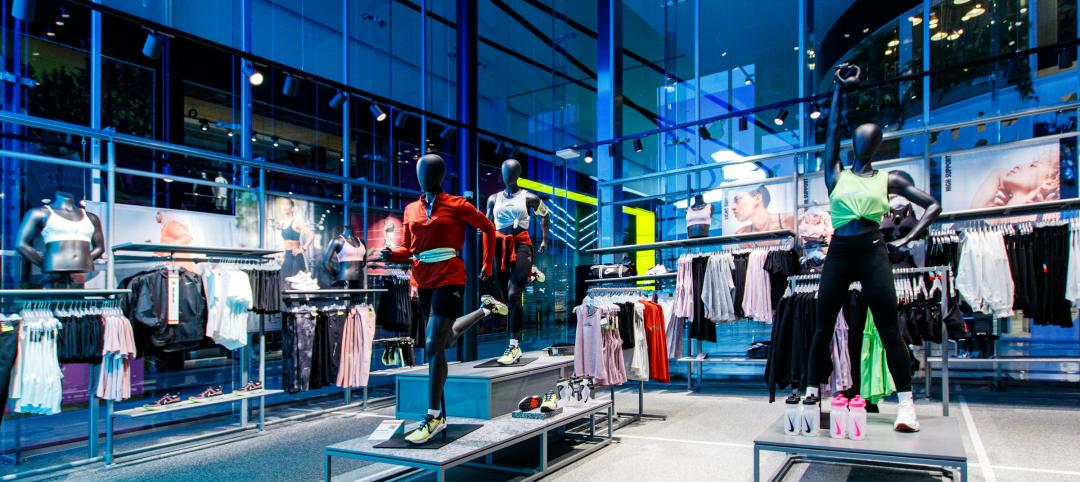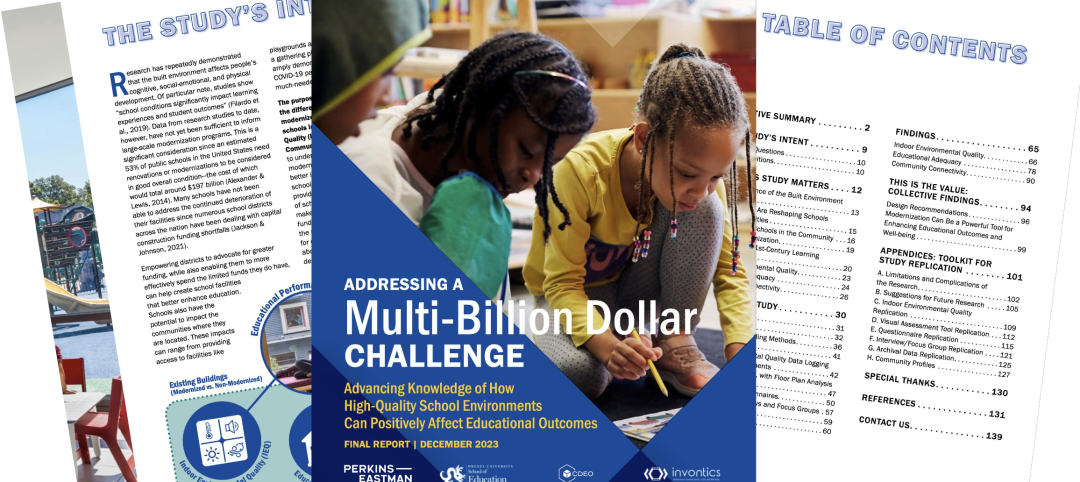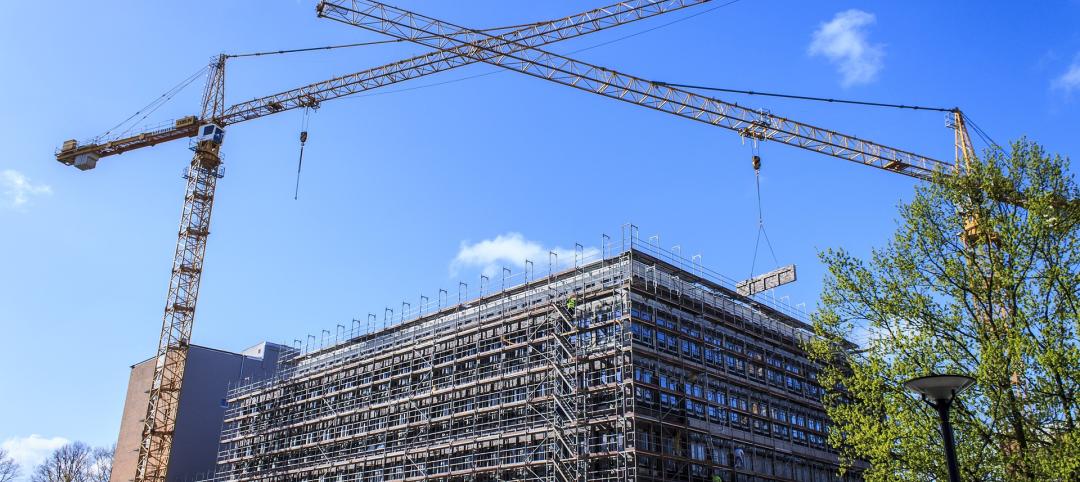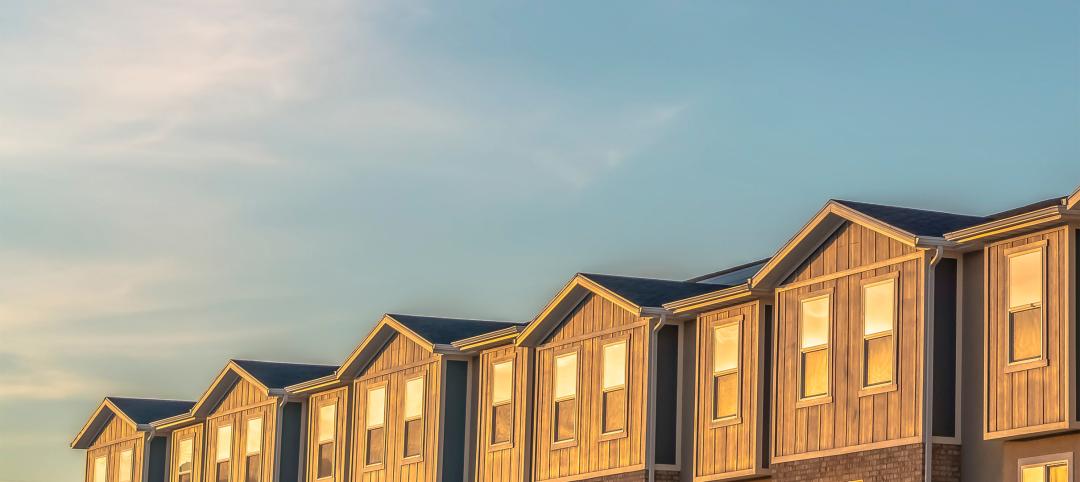1. Pandemic preparedness: How hospitals can adapt buildings to address worst-case scenarios (Stantec)
"In Canada, there have been significant strides toward building preparedness into our hospital designs since the SARS outbreak hit Toronto. A key element of preparedness is the ability for hospitals to retrofit or reallocate parts of their facilities, accommodating worse-case scenarios such as a serious outbreak. Here are four ways that hospitals can act now to alter their buildings for pandemic response."
2. Architecture firms churn out protective face shields using their 3D printers (BD+C)
"Architecture firms from coast to coast have suddenly turned into manufacturing centers for the production of protective face shields and face masks for use by healthcare workers fighting the COVID-10 pandemic."
3. Cities will survive the pandemic (FXCollaborative Architects)
"During this unprecedented time, we find ourselves wondering if the things we love about living in cities are going to be completely upended, or change forever. If we follow the guidelines for social distancing, we can flatten the curve of this terrible virus in the short term, while still benefiting from being an urban citizen. And in the long term, we believe that the benefits of living in cities far outweigh any adjustments we make to stay healthy and safe."
4. AIA task force launches tool for assessing COVID-19 alternative care sites (AIA)
"Tool is intended to assist non-healthcare design professionals with identifying alternative sites suitable for patient care."
5. AGC of America is Urging Firms to Participate in a April 9th Nationwide Coronavirus Safety Stand Down (AGC)
"We are asking AGC of America members across the country to hold a nationwide coronavirus safety stand down at job sites on Thursday, April 9th. If you haven’t already participated in safety stand downs like the one organized earlier this week by the AGC of California, these stand downs will provide an opportunity for you to make sure that everyone working on your job sites understands, and follows, all relevant safety guidelines provided by public health and safety officials."
6. Kogniz Health launches AI-based fever detection cameras for crowds to help limit coronavirus spread (Kogniz Health)
The Health Cam has an integrated thermal camera, optical camera and a high-resolution screen. It can be placed on a desk or counter, mounted on a wall, or placed on a tripod. As people walk by individually or in groups, their temperatures are checked in real time using highly-accurate infrared technology, and the image of any person showing an elevated temperature is displayed. Kogniz Health Cam can detect skin temperature up to 16 feet away.
For more top stories from BD+C,
sign up for the BD+C Daily 5 newsletter
Related Stories
Retail Centers | Apr 4, 2024
Retail design trends: Consumers are looking for wellness in where they shop
Consumers are making lifestyle choices with wellness in mind, which ignites in them a feeling of purpose and a sense of motivation. That’s the conclusion that the architecture and design firm MG2 draws from a survey of 1,182 U.S. adult consumers the firm conducted last December about retail design and what consumers want in healthier shopping experiences.
Market Data | Apr 1, 2024
Nonresidential construction spending dips 1.0% in February, reaches $1.179 trillion
National nonresidential construction spending declined 1.0% in February, according to an Associated Builders and Contractors analysis of data published today by the U.S. Census Bureau. On a seasonally adjusted annualized basis, nonresidential spending totaled $1.179 trillion.
Market Data | Mar 26, 2024
Architecture firm billings see modest easing in February
Architecture firm billings continued to decline in February, with an AIA/Deltek Architecture Billings Index (ABI) score of 49.5 for the month. However, February’s score marks the most modest easing in billings since July 2023 and suggests that the recent slowdown may be receding.
K-12 Schools | Mar 18, 2024
New study shows connections between K-12 school modernizations, improved test scores, graduation rates
Conducted by Drexel University in conjunction with Perkins Eastman, the research study reveals K-12 school modernizations significantly impact key educational indicators, including test scores, graduation rates, and enrollment over time.
MFPRO+ News | Mar 16, 2024
Multifamily rents stable heading into spring 2024
National asking multifamily rents posted their first increase in over seven months in February. The average U.S. asking rent rose $1 to $1,713 in February 2024, up 0.6% year-over-year.
Market Data | Mar 14, 2024
Download BD+C's March 2024 Market Intelligence Report
U.S. construction spending on buildings-related work rose 1.4% in January, but project teams continue to face headwinds related to inflation, interest rates, and supply chain issues, according to Building Design+Construction's March 2024 Market Intelligence Report (free PDF download).
Contractors | Mar 12, 2024
The average U.S. contractor has 8.1 months worth of construction work in the pipeline, as of February 2024
Associated Builders and Contractors reported that its Construction Backlog Indicator declined to 8.1 months in February, according to an ABC member survey conducted Feb. 20 to March 5. The reading is down 1.1 months from February 2023.
Market Data | Mar 6, 2024
Nonresidential construction spending slips 0.4% in January
National nonresidential construction spending decreased 0.4% in January, according to an Associated Builders and Contractors analysis of data published today by the U.S. Census Bureau. On a seasonally adjusted annualized basis, nonresidential spending totaled $1.190 trillion.
Multifamily Housing | Mar 4, 2024
Single-family rentals continue to grow in BTR communities
Single-family rentals are continuing to grow in built-to-rent communities. Both rent and occupancy growth have been strong in recent months while remaining a financially viable option for renters.
MFPRO+ News | Mar 2, 2024
Job gains boost Yardi Matrix National Rent Forecast for 2024
Multifamily asking rents broke the five-month streak of sequential average declines in January, rising 0.07 percent, shows a new special report from Yardi Matrix.


